Buy Chromactiv Online
$40.00
AIM
Chromactiv produces any kind of positive effects on the performance of sport horses.
Field Test with Chromactiv
AIM
Chromactiv produces any kind of positive effects on the performance of sport horses.
LENGTH OF TREATMENT
3 weeks.
INTRODUCTION
The association of the different components of this medicine make it an excellent muscular metabolic catalyst. Arginine and glucose produce an anti-oxidizing and lipotropic effect on the hepatic metabolism. Glycine acts against fatigue. Glucose helps the replacement of the energy deposits of muscular glycogen; arginine and carnitine stimulate ß-oxidation and together with glycine, produce an anabolic effect. Chrome increases the tolerance of glucose and reduces lactic acidosis, delaying the appearance of muscular fatigue. On the other hand it hastens post-exercise recovery. B group vitamins and minerals which make up this medicine have an important function as coenzymes in energy and protein metabolisms of the organism, but with a special function on the musculo-skeletal and nervous systems where normal functioning is restored.
MATERIALS AND METHODS
Three healthy sport horses were used.
They were first assessed without anything as a control, and then given Chromactiv. The dose was at a rate of 1ml/20 kg of corporal weight and was given daily for the last 5 days before testing.
– The animals were assessed after a week’s training and had 3 days of rest between both treatments.
– The animals were assessed by a standardized exercise test before and after receiving treatment.
– The test was carried out on a Treadmill and heart frequency was measured by a cardio-tachometer. Oxygen consumption was recorded by an ergospirometer and lactate was measured by accusport. Hemogram and enzymogram analyses were performed by an Abbot Aerocet auto-analyzer.
WORK PROTOCOL
The animals trained six times a week on an ergometric treadmill, doing exercise of variable distance and intensity each day. The horses were assessed before and after 5 days of the medicine being administered.
EXERCISE TEST
The test consists of 1 min at 1.7 m/s; 4 min at 4 m/s and stages of 1 min, with increasing speed of 1 m/s till getting tired, to recover then with 4 min at 4 m/s and 1 min at 1.7 m/s. All with a slope of 6.
THE PARAMETERS INDICATIVE OF GOOD PERFORMANCE WHICH ARE ASSESSED.
Heart frequency and oxygen consumption were recorded (VO2) ventilatory equivalent (Eq. O2) and respiratory volume per minute (VE) throughout the test, and as well, during the time of recovery was measured and an enzymogram was carried out 24 hours post-exercise to show whether there was any muscular injury (Creanquitinase –CK – and fibrinogen).
RESULTS
The results of VO2 max, VE and Eq.O 2 are shown on separate sheets for a better analysis. The FC is not shown as there were not any appreciable differences.
CONCLUSION
The results show that the 3 horses did an additional stage of the test during the Chromactiv period. That increase is upheld in:
VO2 max: An increase of the same is observed during the period of supplementing with Chromativ. Only horse Nr. 3 shows a value without change but this was in a higher stage of the test.
VE: Horse No. 1 shows a lower VE throughout the test which in conjunction with a best Eq.O 2 shows a compensation in breathing. Horse No. 2 has a VE without changes between both periods, but a lower Eq O2 is observed during the Chromativ period and shows that it obtained a very significant breathing efficiency. Horse No. 3 shows a similar VE and Eq.O 2 when the stages of greater effort of each test are compared.
Hematocrite: A slight increase is observed during the Chromativ period. This increase allows for improvement in the transport of oxygen in the blood.
Lactate to V200 (speed developed at 200 beats/minute): All horses show a slightly higher value during the period with Chromativ showing an increase in anaerobic metabolism.
In order to assess the recovery post-effort the following was considered:
CK: Only horse No. 1 showed an important decrease, but we need to emphasize that having done a stage more of the test during Chromativ period and not showing an increase of the same, it shows the lowering of the permeability of the membrane at muscular level.
Fibrinogen: An increase is observed which is related to the increase in physical demand during testing in the Chromativ period. However both groups show values at usual rates.
Recovery time: An improvement in recovery time is observed during the Chromativ period which is made more obvious bearing in mind the greater physical effort during this stage.
To conclude, Chromativ shows an improvement in performance by producing an increase in breathing efficiency, a larger consumption of oxygen and a larger contribution of the anaerobic metabolism which together with the larger VO 2 max delays fatigue. At the same time a better post-effort recovery is observed.
Reviews
There are no reviews yet.
Related products
Injectable
Injectable
Injectable
Injectable
Injectable
Injectable
Injectable
Injectable

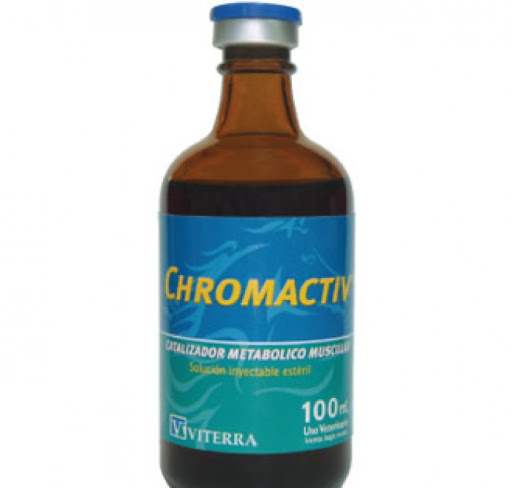
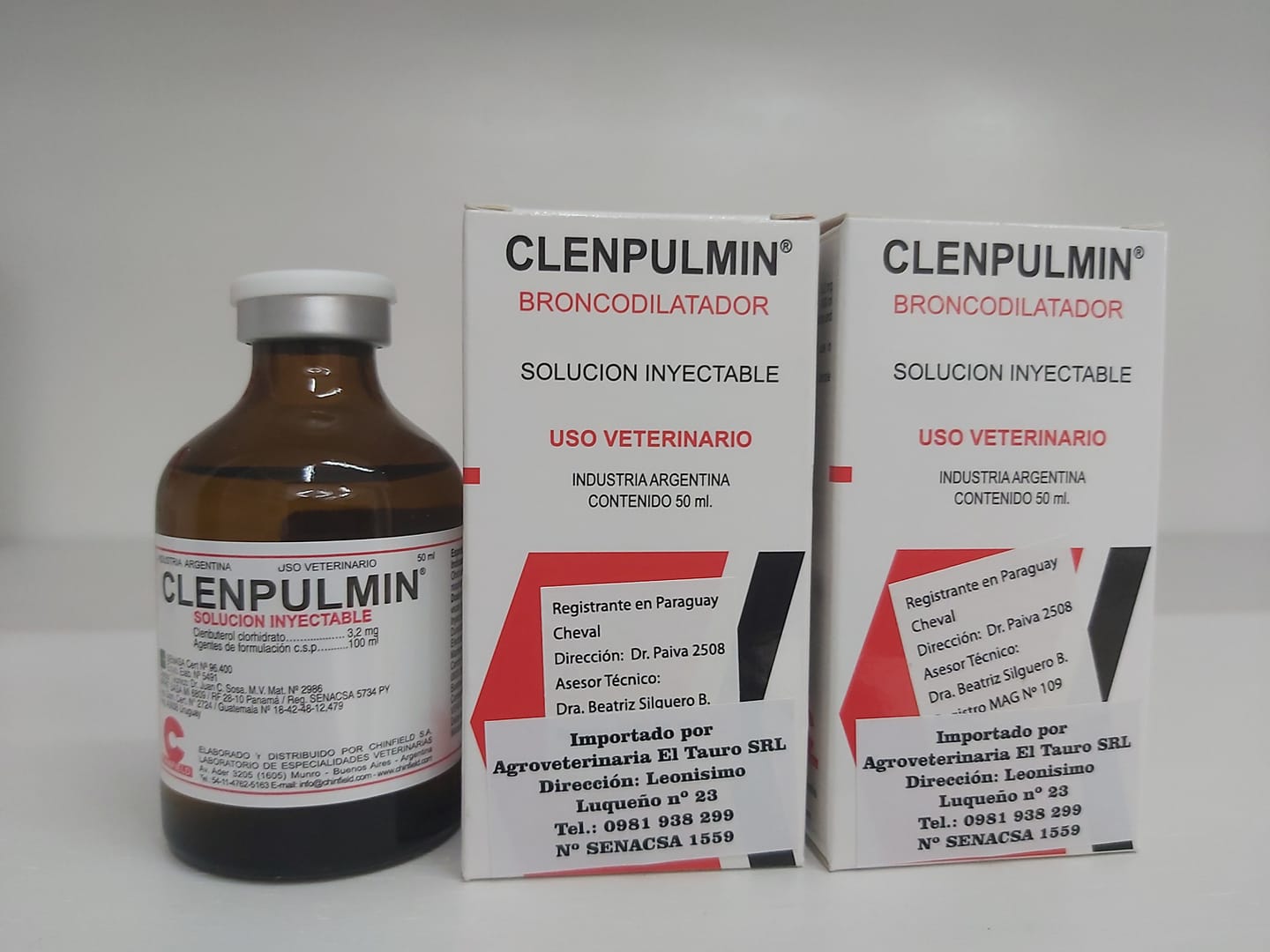
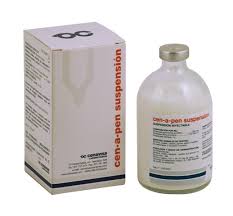
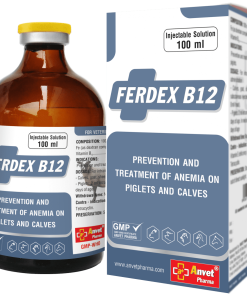
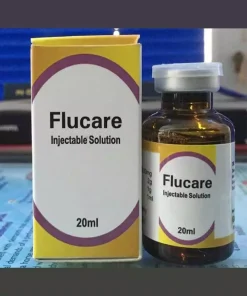
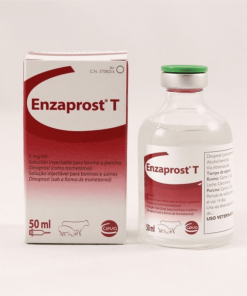
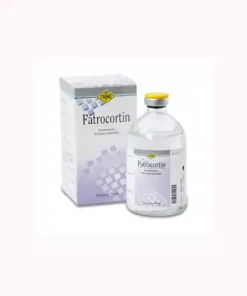
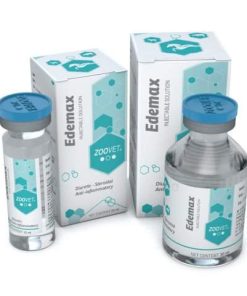
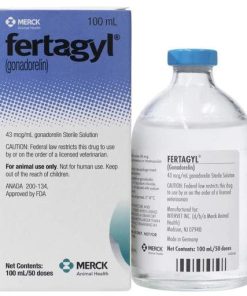
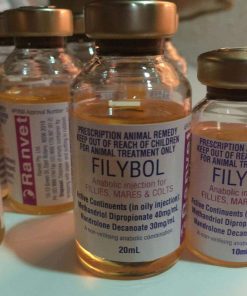
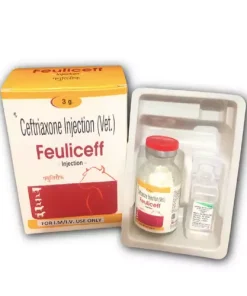
Be the first to review “Buy Chromactiv Online”